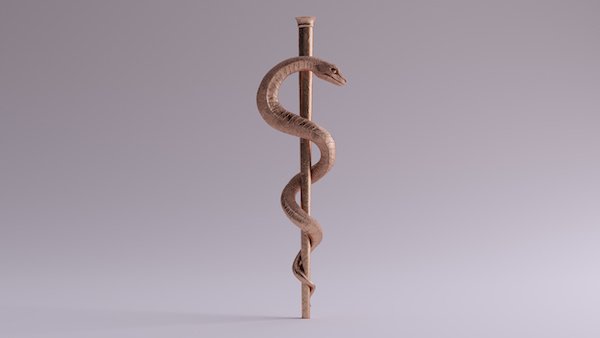What Is Internal Medicine?

Definition of Internal Medicine
Many people ask this question. Truly, the lines are somewhat blurred between internal medicine and family practice and there is some overlap between the two. They are both considered primary care specialties which means that both types of doctors serve as the main source of medical care for their patients. Which type you choose may depend on what your particular situation is and what type of medical care best suits you or your family.
The definition of internal medicine has been somewhat oversimplified recently by the term "Doctors for Adults", although that is basically what we are. The traditional concept of internal medicine, beginning in England with the London's Royal College of Physicians and continuing in this country with the American College of Physicians, is the practice of medicine with a strong basis in science and pathophysiology, maintenance of high academic standards, excellence in diagnosis and a detailed approach to treatment of patients with complex or critical illnesses. At the heart of internal medicine is its unending focus on the care of the patient as a complete individual rather than as a conglomeration of disease entities to be treated separately. The patient is always the center of our attention and all the details of science, physiology, sociology, pharmacology and other disciplines revolve around doing whatever it takes to make the patient better.
Another way to differentiate internal medicine from other primary care specialties is to note the differences in training. The internist receives most of his or her training in the hospital setting, closely involved in the care of critically ill or medically complex adult patients, a large number of which are geriatric. The training for family medicine specialists focuses primarily on taking care of the whole family, from infants on up to the great grandparents but mostly in the outpatient setting. General pediatric training focuses of course on the office and hospital care of children. Obstetricians and gynecologists are often considered primary care physicians for women and their training involves hospital, office and surgical care for that portion of the population.
Why do you need a primary care doctor?
Almost all of the other medical (non-surgical) subspecialties, like cardiology, pulmonary, endocrinology, etc. have their origins in internal medicine. They are highly trained and knowledgeable in their fields and they had to complete internal medicine residencies before they could go on into their subspecialty training. Subspecialists, however, by definition, tend to focus primarily on their area of expertise when they see patients. If a patient is followed regularly by a number of specialists but has no primary care physician, the patient suffers because of a lack of focus on his/her complete overall care.

The primary care doctor can provide you with a centralized type of guidance, a comprehensive analysis of your situation and complete access to all the subspecialty services, diagnostic testing and therapeutics available. Your PCP can help you make the right decisions about whether or not to go ahead with tests and/or procedures recommended by others. He or she can help you figure out which of your medications are most important for your overall health and can help guard against drug interactions among medicines that various specialists may have prescribed. The primary care physician is your main advocate - the primary person who is looking out for you in this sometimes complex medical world.
Preventive health maintenance is an extremely important function of primary care doctors also. A lot of lives, not to mention health care dollars, could be saved by a greater focus on prevention of diseases and/or finding them early when they can hopefully can be more easily treated rather than just waiting till they become more manifest.
How do I know if I need an internist?
If patients have multiple or complex medical issues, internal medicine is often a good choice for primary care. The training that the internist has gone through positions him or her well for this type of care. Even if your medical care is not all that complicated, if you want personalized care from a thorough diagnostician with high academic standards and an eye for detail, who will regard you, the patient, as the center of the universe, think about internal medicine.
From "Internal Medicine" to "HomePage"







